By Euronews with AFP
Published on
Thousands of people took to the streets of Denmark’s…
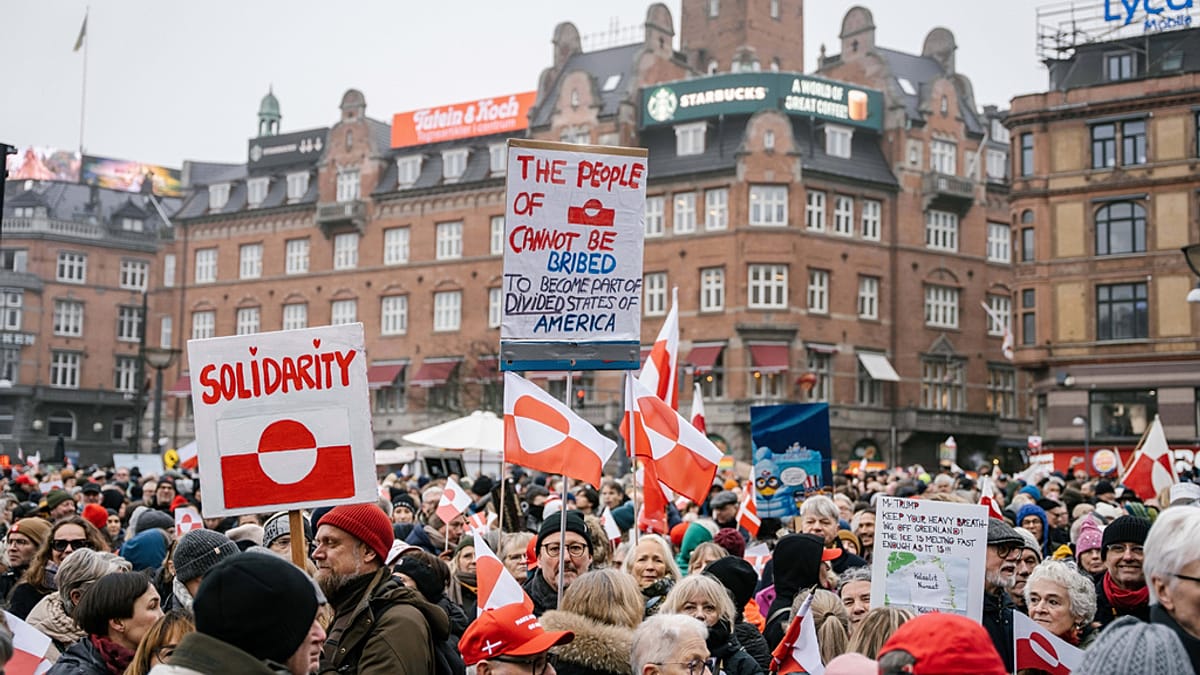
By Euronews with AFP
Published on
Thousands of people took to the streets of Denmark’s…
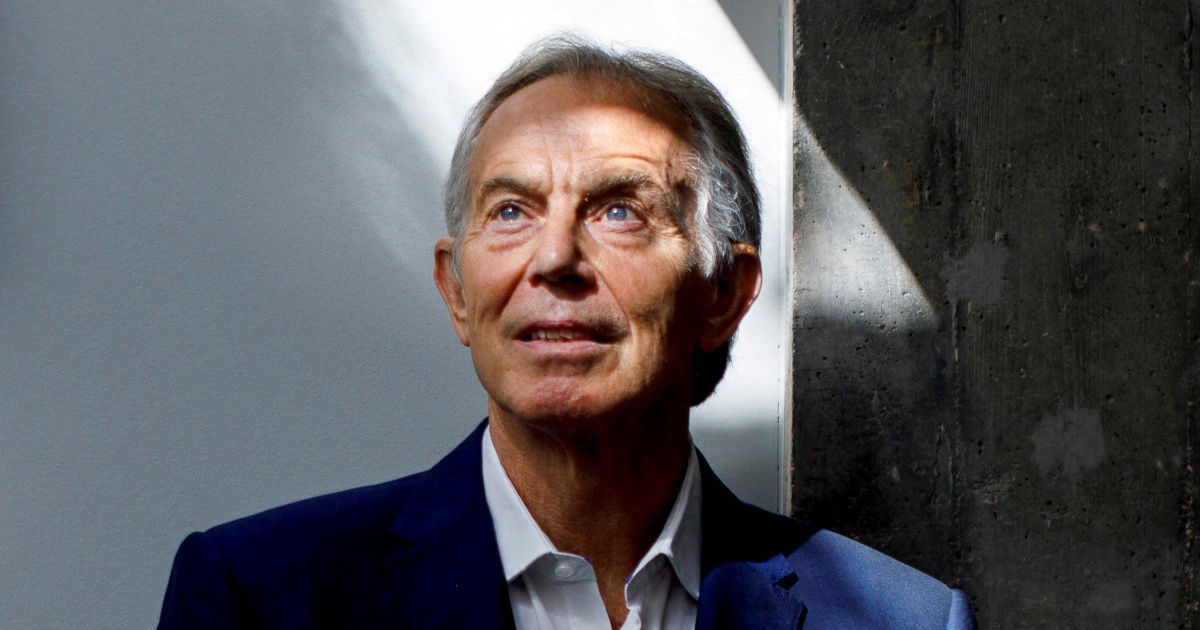
LONDON — Since stepping down as British prime minister in 2007, Tony Blair has pushed back on war crime accusations stemming from his country’s invasion of Iraq, apologized for its consequences, and struggled to escape the conflict’s shadow…
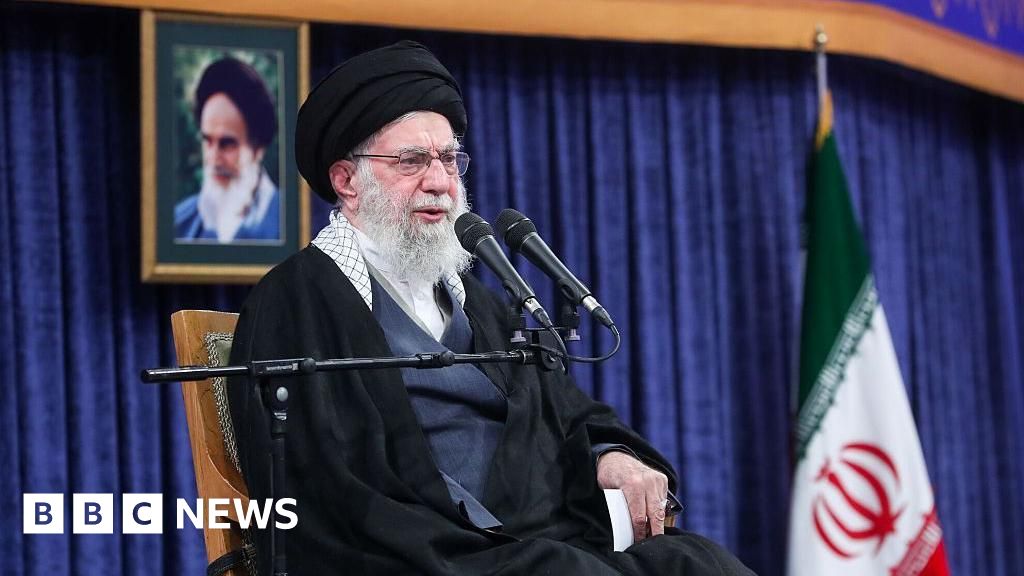
Jack Burgessand
Ghoncheh Habibiazad,BBC Persian
 Iranian leader press office via Getty Images
Iranian leader press office via Getty ImagesIran’s supreme leader has for the first time publicly acknowledged that thousands of people were killed, “some in an inhuman, savage manner”, during recent…
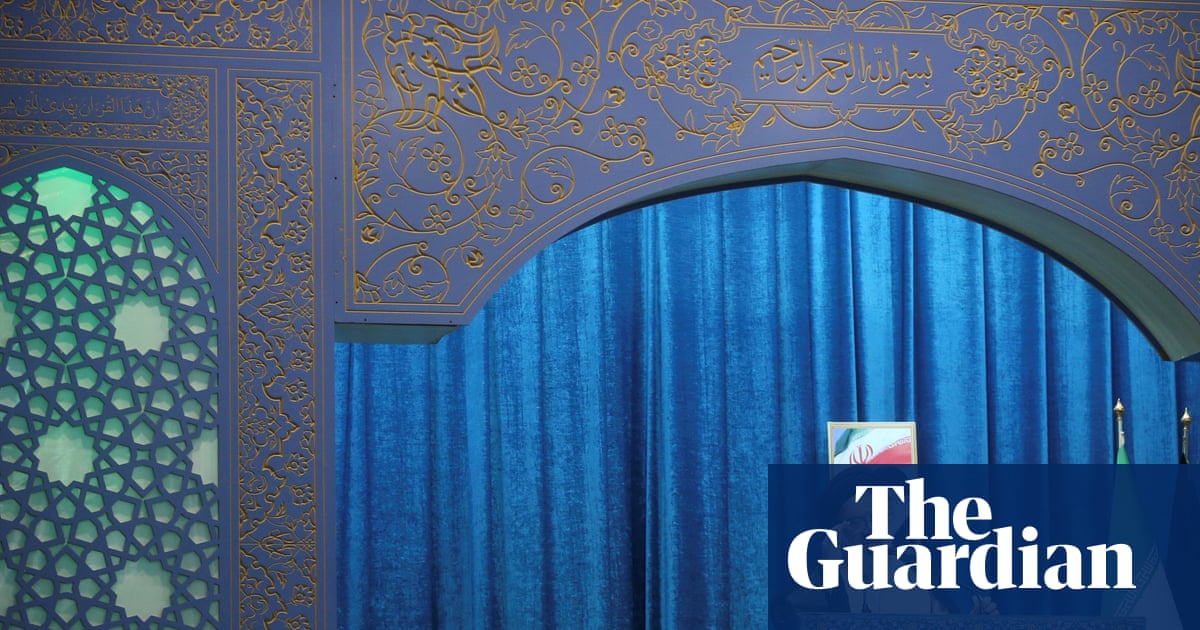
A senior Iranian cleric has demanded the execution of protesters after a brutal crackdown raised the death toll in Iran and quelled the nationwide protest movement.
In a sermon on Friday, Ayatollah Ahmad Khatami railed against demonstrators,…
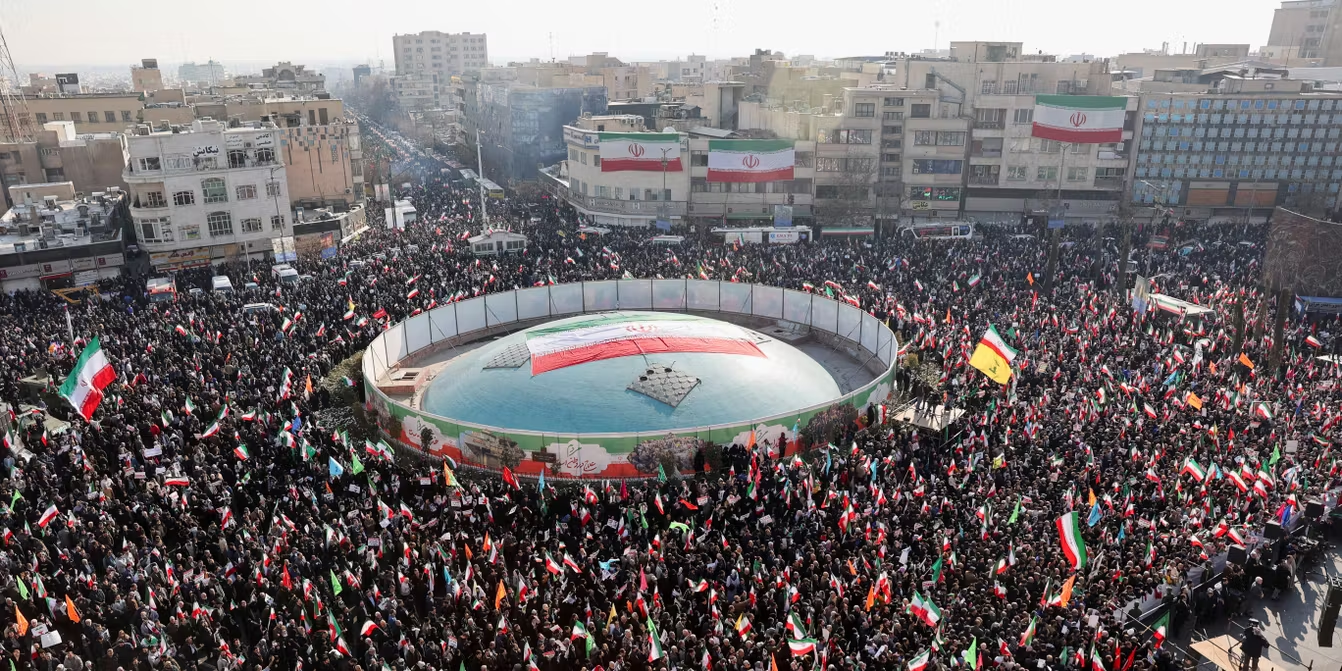
Iran is approaching a moment it can no longer defer. Years of economic pressure, persistent domestic unease, and a rapidly shifting regional landscape have brought Tehran to a strategic crossroads. The question confronting Iran and the…
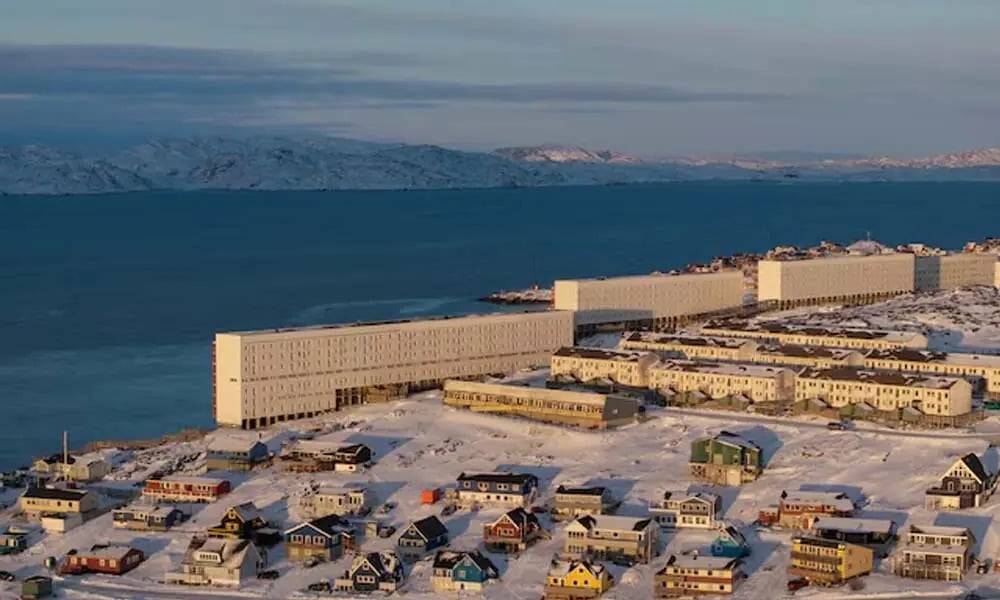
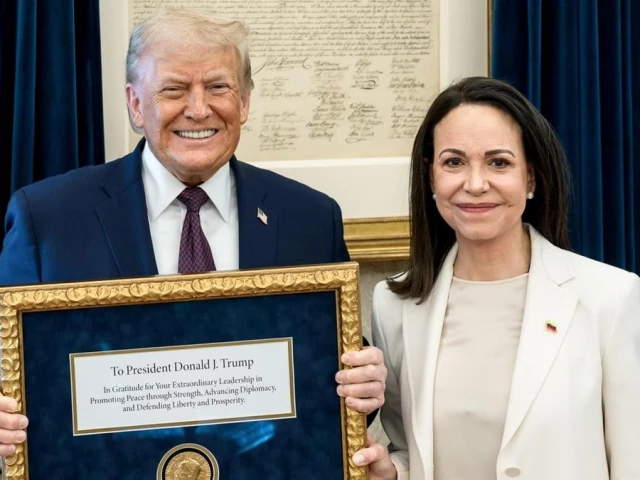
Says there are no restrictions in the statutes of the Nobel Foundation on what a laureate may do with the medal.
María Corina Machado presents her Nobel Peace Prize medal to Donald Trump. PHOTO: REUTERS
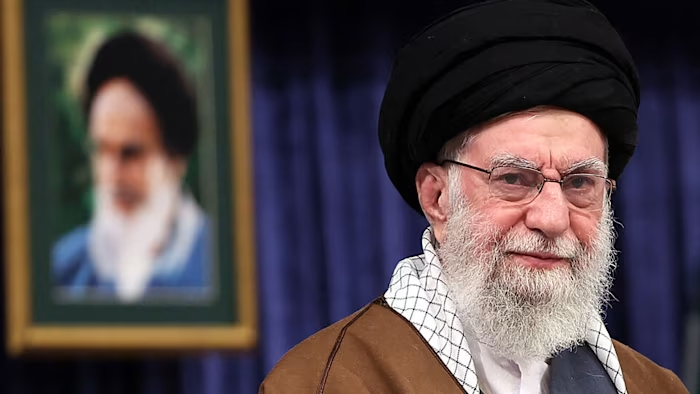
Unlock the Editor’s Digest for free
Roula Khalaf, Editor of the FT, selects her favourite stories in this weekly newsletter.
Iran’s supreme leader Ayatollah Ali Khamenei said US President Donald Trump was a “criminal” who had masterminded a…